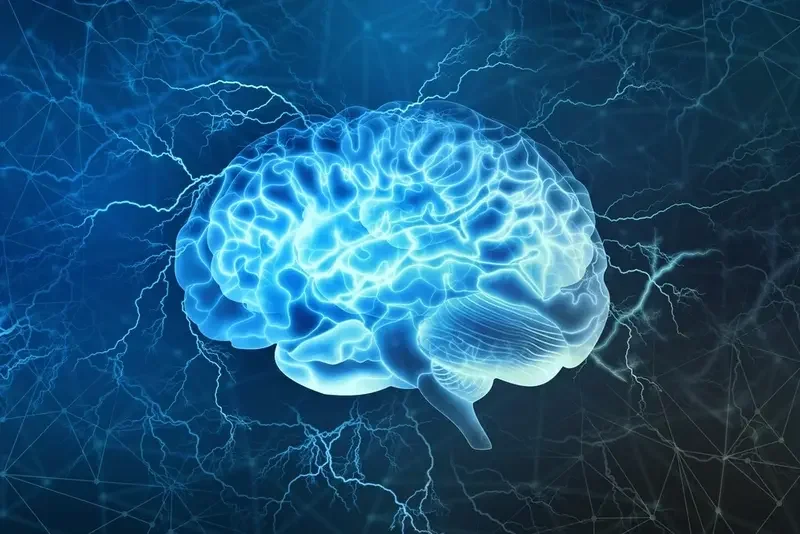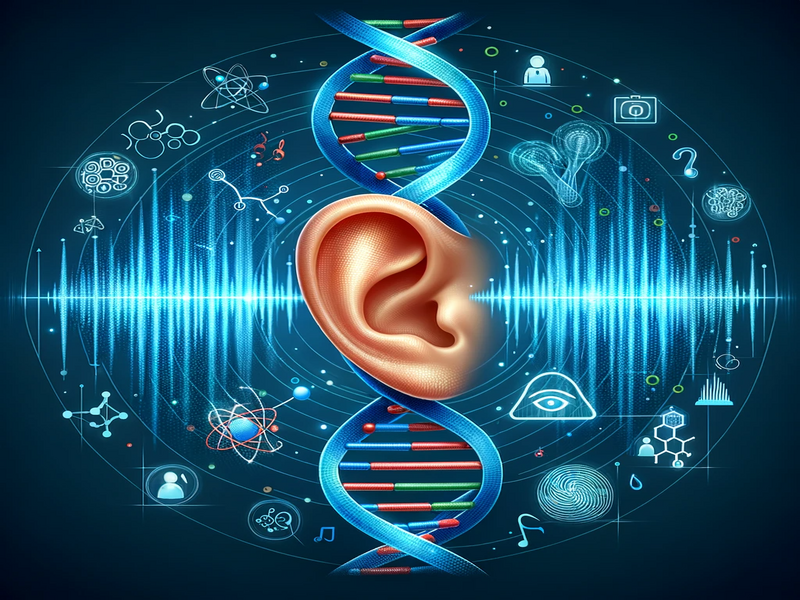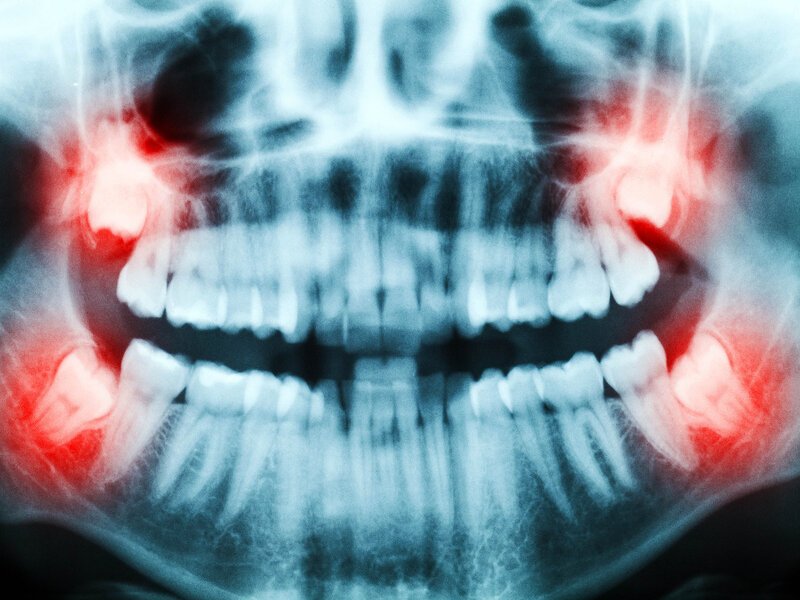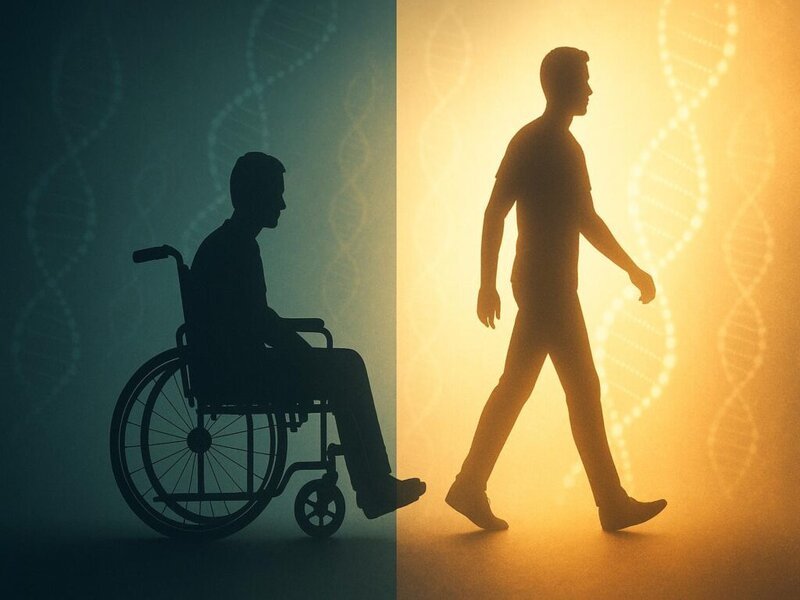A groundbreaking study has revealed that gene therapy may be able to reverse certain types of brain damage associated with autism, challenging the long-held belief that such damage is permanent. Researchers focused on specific genetic mutations that disrupt normal brain function and discovered that correcting these mutations allowed neurons to regain normal activity.
This approach works by repairing or replacing faulty genes that impair synaptic connections, which are essential for communication between brain cells. Early trials in animal models have shown promising results, suggesting that restoring these connections could potentially reverse some developmental issues linked to autism spectrum disorders.
Although still in the experimental phase, this discovery offers significant hope for the future. If successfully translated to humans, it could fundamentally change how autism is understood — shifting the perspective from managing a lifelong condition to addressing it at its biological source. This research underscores how advances in science are pushing the boundaries of medicine, showing that conditions once considered irreversible may now be treatable at their root.






































